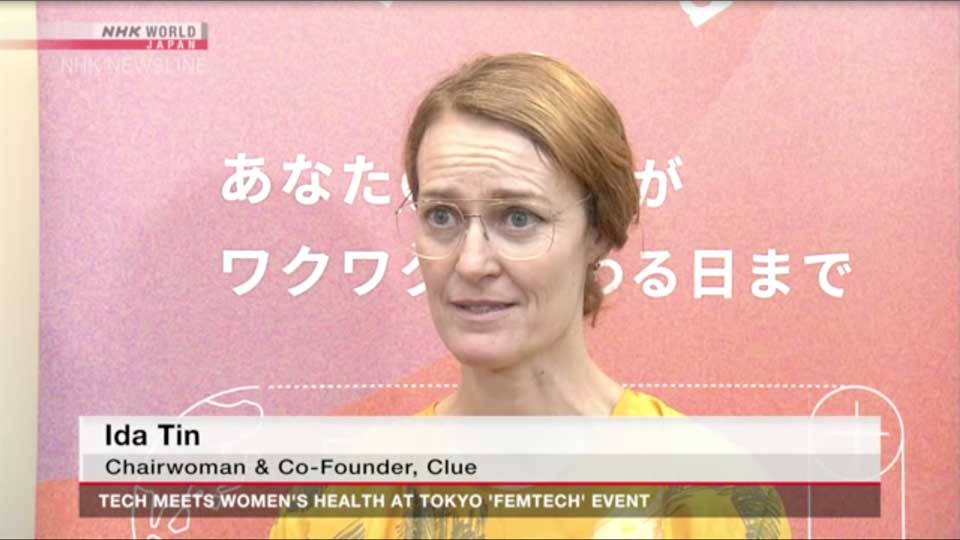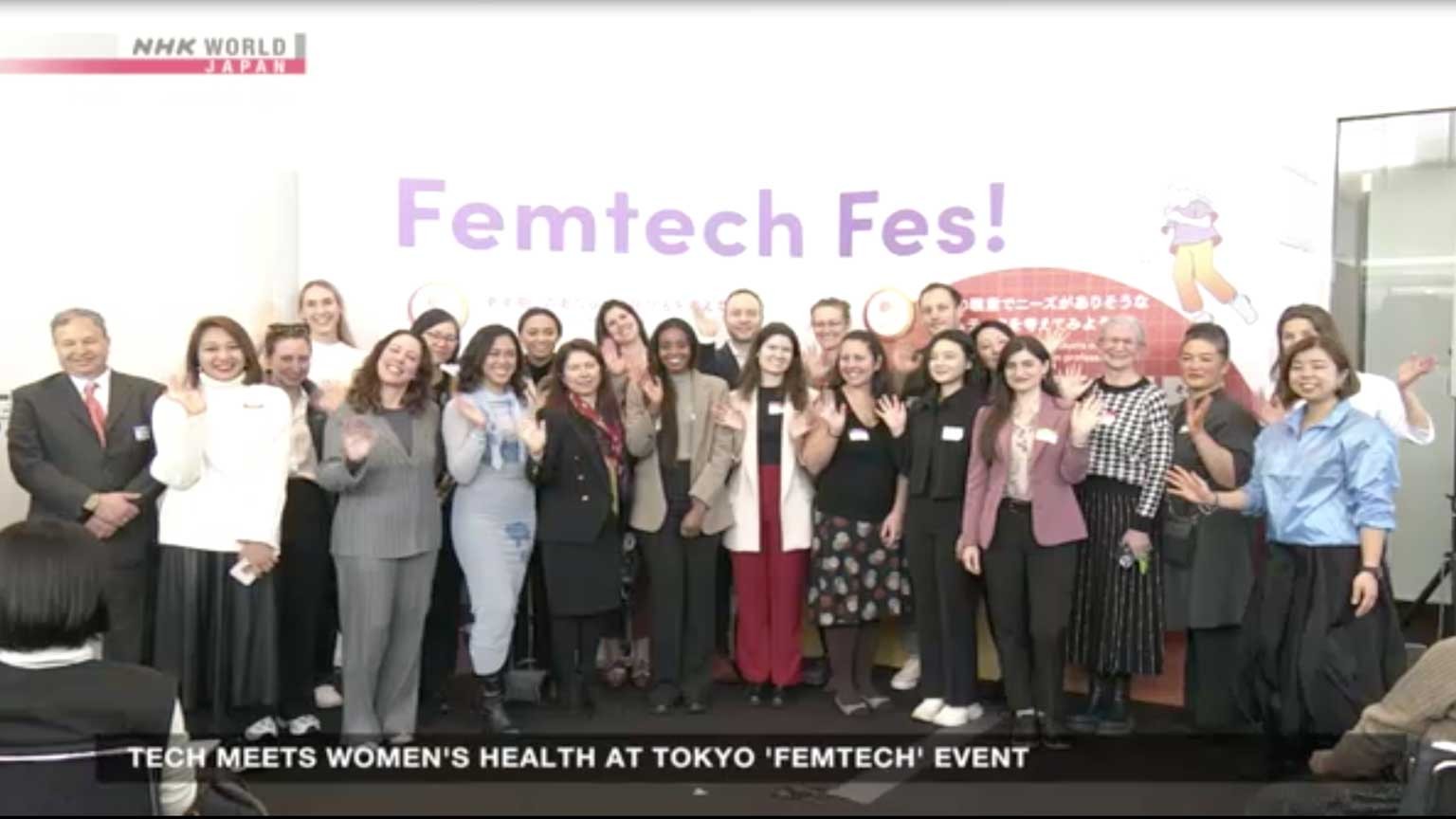Femtech inventions
Femtech refers to software and other innovative technology aimed at solving problems related to women's health issues.
The more than 200 products on display at the Femtech Festival in February made it clear what some of those problems are: Fertility tracking devices, sanitary pads that unroll like toilet paper, weights for pelvic floor muscles, even a sensor that helps visually impaired woman detect their menstrual blood.

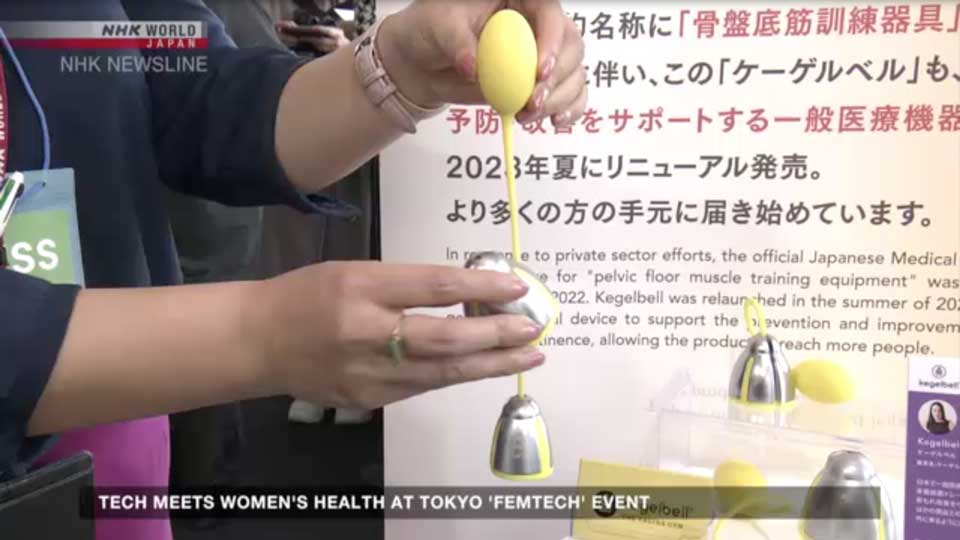
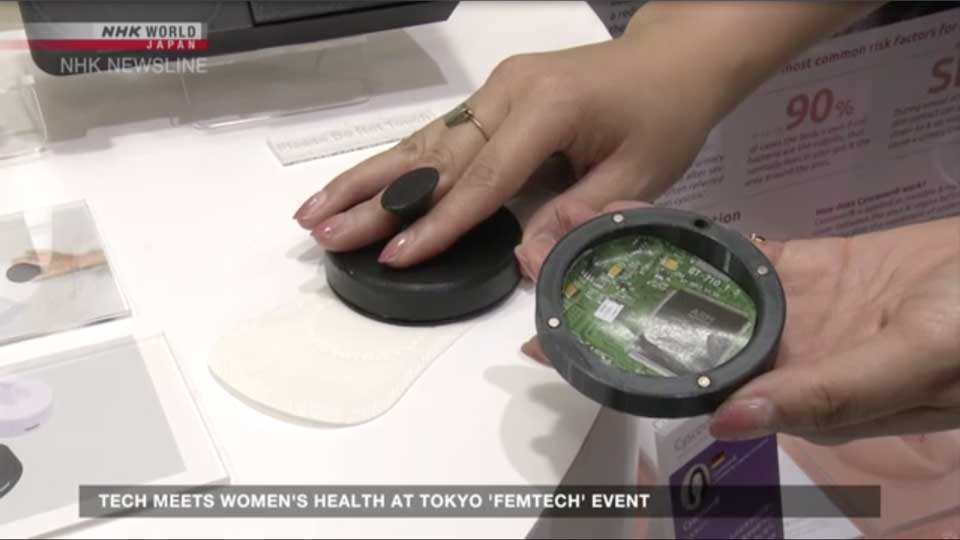
Danish entrepreneur
Danish entrepreneur Ida Tin, Chairwoman and Co-Founder of menstrual tracking app Clue, is one of those who came to Japan for the event. Tin is widely credited with coining the phrase femtech.
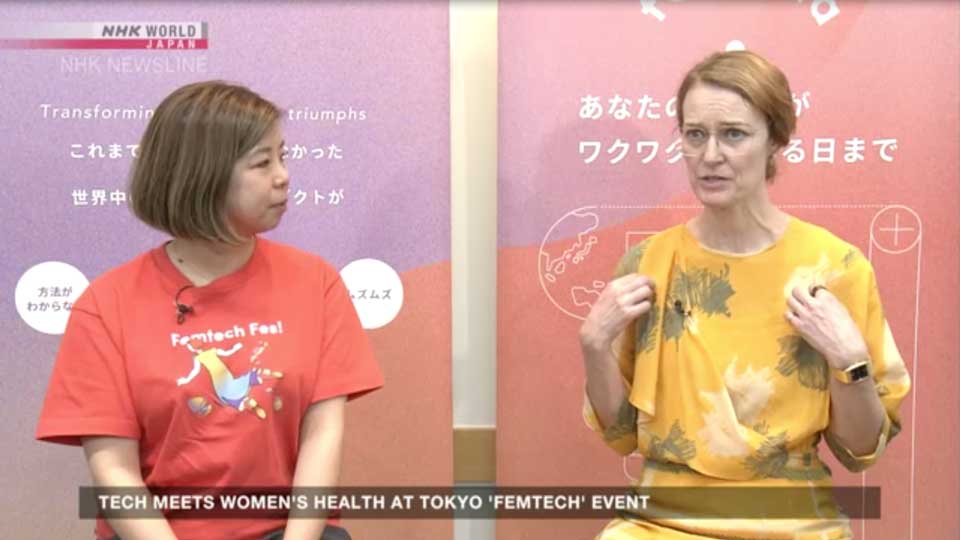
"Our periods are a very big influence in our lives. I believe that when women are well educated and know their bodies well, they can participate in life more fully and I think the world needs that," says Tin.
But it is not only women who need educating. Ida says she had a hard time convincing male investors when she started her business; many didn't understand the need.
In the end, she got her funding and the app is now used by over 10 million women worldwide.
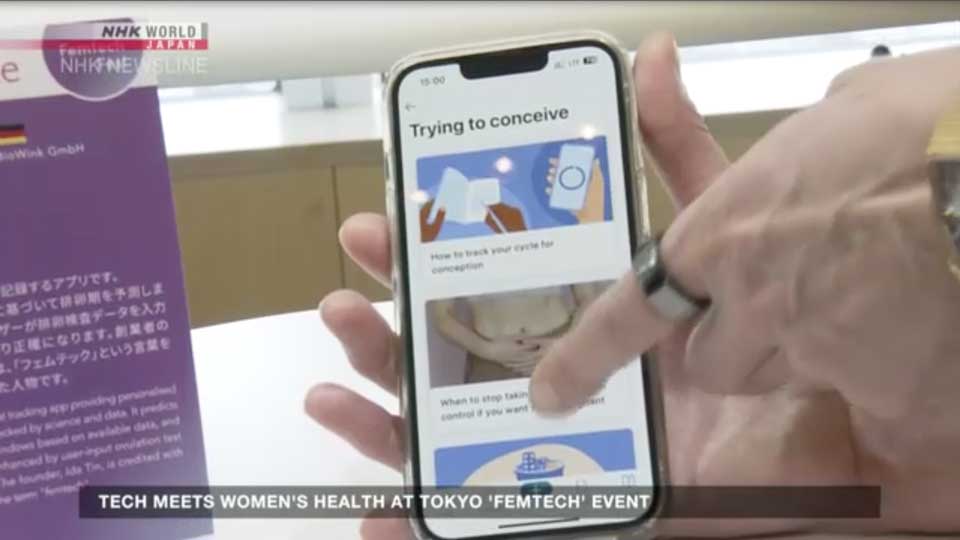
Challenges in Japan
Research shows the global market for femtech is growing. It's expected to be worth about 70 billion dollars by 2027. But the companies have faced an uphill battle breaking into the Japanese market.
The event organizer, Sugimoto Amina, says while the local market is expanding, Japan is still 10 years behind western countries when it comes to this technology. "It is difficult to deliver effective products to the people who need them," she says.
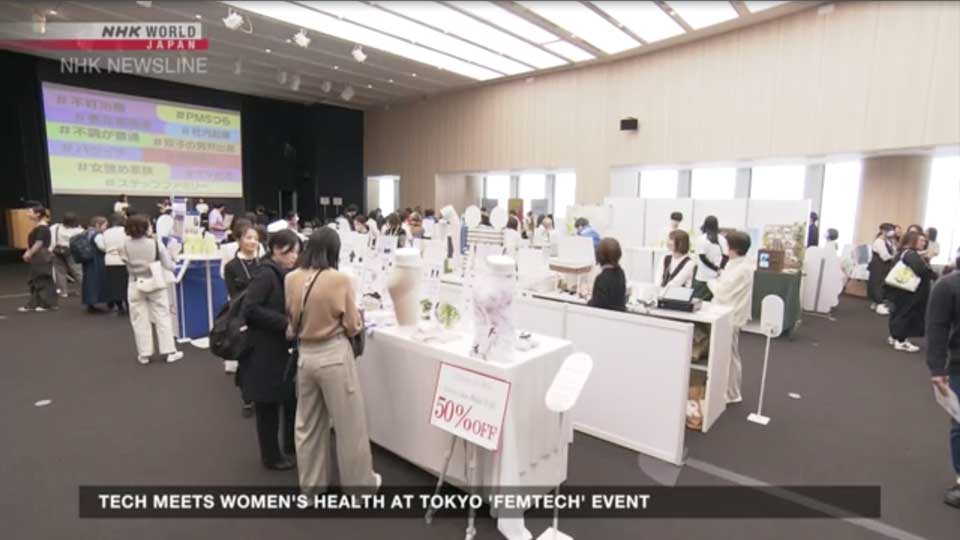
Japan's strict product safety regulations are one reason. The government is working to update laws, but Amina says it will take time to find the right balance between protecting consumers and opening the market.
One person at the center of this government push is Noda Seiko, who led a study session with foreign femtech entrepreneurs.
Noda, a member of Japan's ruling Liberal Democratic Party, launched a legislative group in 2020 to promote the femtech agenda, part of efforts to empower women in the workplace. That includes support of infertility treatment.
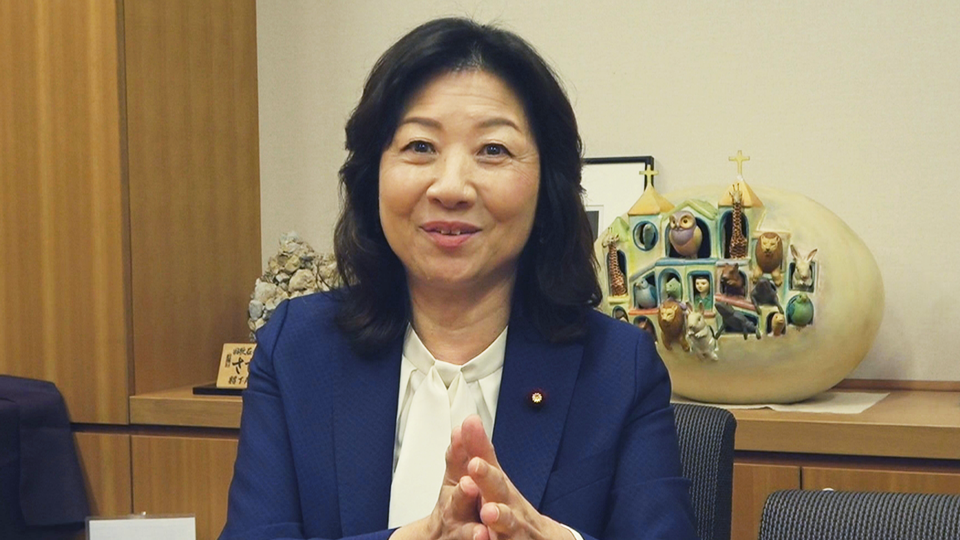
Fewer than 10 percent of the lawmakers in Japan's ruling Liberal Democratic Party are women. Noda says that gender bias often makes it hard to convey how important technology is for addressing women's health issues because "men don't have menstruation in their lives."
Tin says she's heard stories like that before. She acknowledges there's still a long way to go. When asked whether femtech was just a fad, she said, "No. It's not, because our biology is not a trend. You know, it will keep happening to us."
Entrepreneurs at the festival say femtech is not just about a "women's issue." They say it's about looking at the problems left unsolved and how technology can help push humanity forward.
